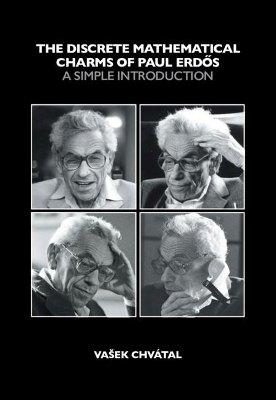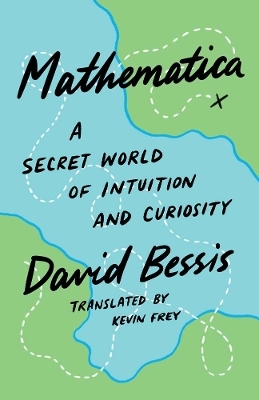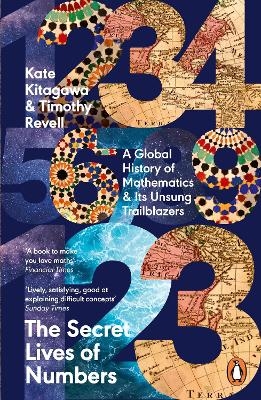
The Discrete Mathematical Charms of Paul Erdos
Cambridge University Press (Verlag)
978-1-108-83183-3 (ISBN)
Paul Erdős published more papers during his lifetime than any other mathematician, especially in discrete mathematics. He had a nose for beautiful, simply-stated problems with solutions that have far-reaching consequences across mathematics. This captivating book, written for students, provides an easy-to-understand introduction to discrete mathematics by presenting questions that intrigued Erdős, along with his brilliant ways of working toward their answers. It includes young Erdős's proof of Bertrand's postulate, the Erdős-Szekeres Happy End Theorem, De Bruijn-Erdős theorem, Erdős-Rado delta-systems, Erdős-Ko-Rado theorem, Erdős-Stone theorem, the Erdős-Rényi-Sós Friendship Theorem, Erdős-Rényi random graphs, the Chvátal-Erdős theorem on Hamilton cycles, and other results of Erdős, as well as results related to his work, such as Ramsey's theorem or Deza's theorem on weak delta-systems. Its appendix covers topics normally missing from introductory courses. Filled with personal anecdotes about Erdős, this book offers a behind-the-scenes look at interactions with the legendary collaborator.
Vašek Chvátal is Professor Emeritus of Concordia University, where he served as Canada Research Chair in Combinatorial Optimization (2004–2011) and Canada Research Chair in Discrete Mathematics from 2011 to his retirement in 2014. He is the author of Linear Programming (1983) and co-author of The Traveling Salesman Problem: A Computational Study (2007). In the 1970s, he wrote three joint papers with Paul Erdős. He is a recipient of the CSGSS Award for Excellence in Teaching, Rutgers University (1992, 1993, 2001) and co-recipient of the Beale-Orchard-Hays Prize (2000), Frederick W. Lanchester Prize (2007), and John von Neumann Theory Prize (2015).
Foreword; Preface; Acknowledgments; Introduction; 1. A glorious beginning – Bertrand's postulate; 2. Discrete geometry and spinoffs; 3. Ramsey's theorem; 4. Delta-systems; 5. Extremal set theory; 6. Van der Waerden's theorem; 7. Extremal graph theory; 8. The friendship theorem; 9. Chromatic number; 10. Thresholds of graph properties ; 11. Hamilton cycles; Appendix A. A few tricks of the trade; Appendix B. Definitions, terminology, notation; Appendix C. More on Erdős; References; Index.
| Erscheinungsdatum | 02.06.2021 |
|---|---|
| Zusatzinfo | Worked examples or Exercises |
| Verlagsort | Cambridge |
| Sprache | englisch |
| Maße | 175 x 251 mm |
| Gewicht | 660 g |
| Themenwelt | Mathematik / Informatik ► Mathematik ► Geschichte der Mathematik |
| Mathematik / Informatik ► Mathematik ► Graphentheorie | |
| ISBN-10 | 1-108-83183-4 / 1108831834 |
| ISBN-13 | 978-1-108-83183-3 / 9781108831833 |
| Zustand | Neuware |
| Haben Sie eine Frage zum Produkt? |
aus dem Bereich


